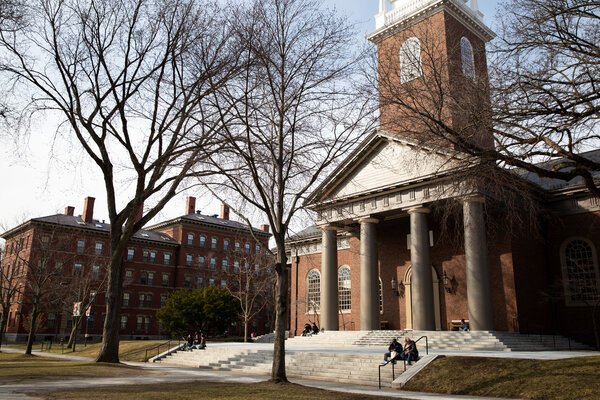As someone who went to an “elite institution,” coming from a first-generation immigrant background, and used it as a vehicle for massive social mobility, I am quite ambivalent (not in apathetic, but strong feelings about it on both sides) about the elimination of race-based admissions at these institutions.
The people who truly benefit from the current state of race-based affirmative action are not real “underprivileged people”. 99.999% of those will never even reach the academic qualification needed to get past the first round of screening at these schools. The overwhelming number of people who “benefit” from this are under-represented minorities from extremely elite backgrounds - the black of latino kid who went to top-tier private schools. If you have two applicants: 1 White/Asian kid from a poor background, vs 1 black/latino kid from Philip Exeter, who do you think these schools will take?
These schools are institutions with the goal of perpetuating elitism. period. Legacy, athletes, “extracurriculars” are all just forms of gatekeeping for people without the knowledge, or social economic freedoms to partake in these activities. (I’m very confident about this from my years of helping underprivileged kids get into universities)
Now I do think race-based affirmative action does 2 things very well:
- It broadens the racial and international perspectives of the new “wave” of elites, and there are numerous studies on how that improves the performance (mostly from a capitalistic point of view) of those students in the new international world.
- It makes it so that there is some semblance of race diversity (at the cost of economic class diversity) within the new wave of “elites” coming out of these schools.
IMO, the path to more social equality isn’t by changing the skin color of people who become elite, but by opening the gate for more people from non-traditional backgrounds in the form of community colleges and an easy path to transfer to universities (a la California university system, though the current pace of UCs is also aiming to join the ranks of these “elite” institutions)



